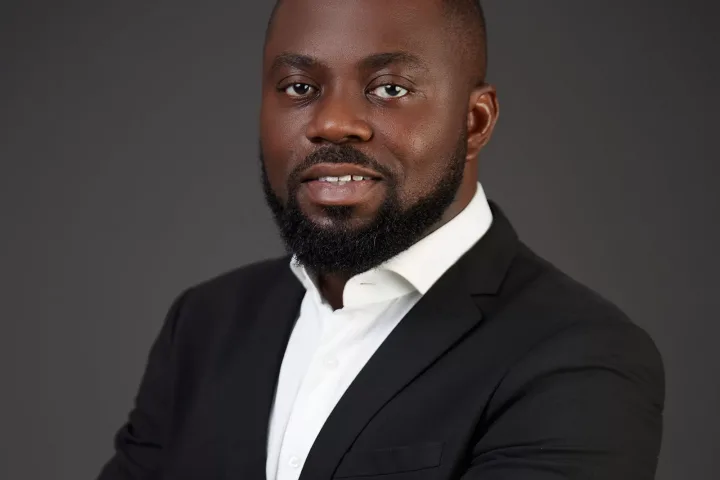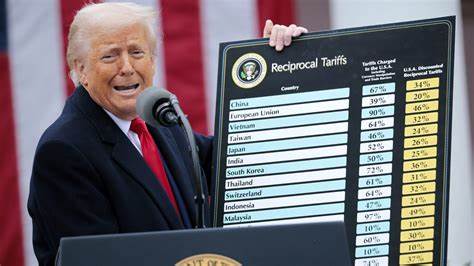Tope Fasua, Special Adviser to President Tinubu on Economic Affairs, has sparked intense debate with a proposal for the reduction of Nigeria’s 5,000+ Bureau de Change operators to just 200 in a major economic policy event.
Fasua’s striking suggestion aims to address the forex market’s chronic irregularities and improve supervision.
Join our WhatsApp ChannelAddressing the audience, Fasua said: “We need to do some structural reforms. For example, I believe we should reform the BDCs’ sector, and make them stronger. You can’t manage over 5,000 BDCs selling money on the streets; it is not normal.”
This proposal might sound radical, but Fasua draws inspiration from international examples. “In the United Kingdom as a tourism destination, they have 145 BDCs the last time I checked. In the UAE, they have 130. So what are we doing with 5,000 BDCs? You will never be able to supervise them. How many staff would you need to look at their returns and check them?”
READ ALSO: Presidency Explains Tinubu’s CBN Economic Team Appointment
Fasua’s call for change comes at a crucial juncture. The Association of Bureau De Change Operators of Nigeria (ABCON) has already urged the Central Bank of Nigeria (CBN) to raise the minimum capital requirement for forex traders from N35 million to a staggering N350 million ($454,888) and recommended mergers among its members to enhance their capacity.
Fasua’s vision doesn’t end with reducing BDC numbers; he also emphasizes the need for enhanced structures to facilitate easier access to forex for Nigerians.
“If we can do the structural reforms in the BDCs sector and the banks and supervise them well, the CBN with the reserves that we have can incentivise that sector, allowing people to get the money much quicker.”
As the debate unfolds, Nigeria stands at a crossroads, weighing the potential benefits of a drastic transformation against the complexities of managing a burgeoning BDC market.
The road to forex stability and transparency may require a significant shift in perspective, and Fasua’s proposal is undoubtedly a call to rethink Nigeria’s financial landscape.
Emmanuel Ochayi is a journalist. He is a graduate of the University of Lagos, School of first choice and the nations pride. Emmanuel is keen on exploring writing angles in different areas, including Business, climate change, politics, Education, and others.



















Follow Us